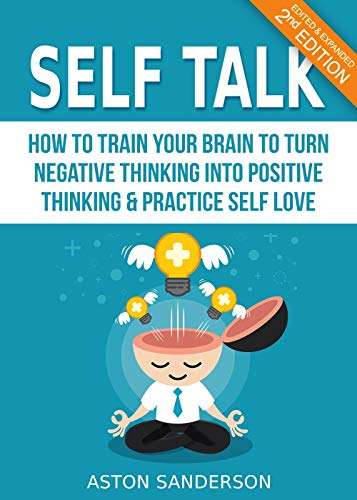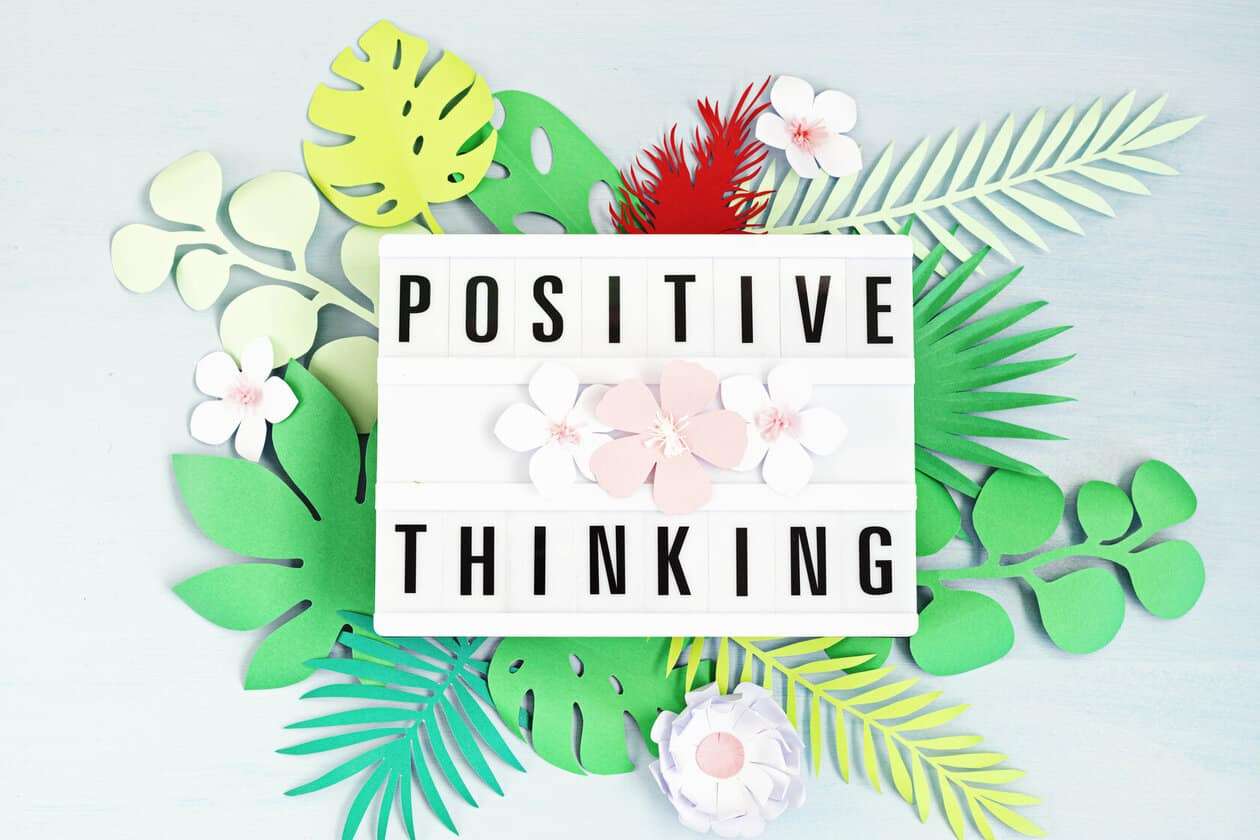
Who Started Positive Thinking?
What is the art of positive thinking? Where did it come from? Who taught it, and is there any power behind it?
Today, most people might say the father of positive thinking is Norman Vincent Peale. But I’m not so sure because there appear to be more sides to the discussion from earlier authors.

Although Peale certainly brought it to the forefront of the American psyche through his 1952 book, The Power of Positive Thinking. It’s hard to ignore the teachings of other great thinkers who could have taught this type of thinking before Peale’s time.
A man named Max Freedom Long American novelist and New Age author was born in 1890. He wanted to learn more about how people’s thoughts can produce a change; his book The Secret Science Behind Miracles, which was published in 1948.
Even though positive thinking is a term that became popular around the 1950s, the meaning itself has shifted somewhat over the years. It has never really gone out of style.
Positive thinking, in some ways, can even be traced back to the ancient Greek philosophers who considered how our thinking could shape our behaviors.
For example, the Stoic school of philosophy, currently experiencing quite a boost, considers that the way we think about things can be changed for a better life. However, they did not necessarily focus on positivity alone.
It was also grounded in religious thought, the power of faith, suggested visualization and affirmations, became hugely popular, although mainly from the general public rather than clinicians.
The modern movement focusing on positivity started in the 1800s, also by Phineas Quimby, a watchmaker.
Although Quimby seemed to be more fascinated with the practice of mesmerism, an early version of hypnotism, and eventually, after studying it, opened his own practice.
Here’s how hypnosis works for a variety of goals, including positive thinking.

Since then, the concept of positive thought has been adopted by many different theorists and authors. It can be understood in different ways, but the idea proved relatively enduring. Now it’s a term we hear a lot these days.
Let’s dive deeper into the positive thought movement and see what effects it could have on our wellbeing. Showing us how to be productive and happy in our everyday lives.
The Art Of Positive Thinking
The art of positive thinking is a method of thought that focuses on the good in life, and on the possibilities that exist for success and happiness. It is based on the belief that if we think happy and successful thoughts, we will bring about happy and successful results.
Yes, the power of positivity can be quite incredible. When you focus on the good, you open yourself up to more opportunities and possibilities. You also tend to attract more positive people and experiences into your life.
Some of the benefits of being positive include:
Improved mental and physical health
Increased happiness and satisfaction
The term “empowerment” refers to the practice of redirecting our attention, so we may be more focused on the positive aspects of ourselves and move toward a better future rather than a negative perspective on life and being stressed out most of the time over the smaller things in life.
Even though we recognize that being endlessly cheerful is not always realistic, but focusing on the positive, optimistic and being hopeful, has many advantages for our health and wellbeing.
Let’s take a look at, why positive thinking is so powerful.
First of all, positive thoughts tend to bring on a healthier mental attitude into our lives.
Specifically, it tends to increase wellbeing, satisfaction and shift how we perceive ourselves and the world around us.

When we have a more positive outlook on life, it’s like the world around us has changed – suddenly, it’s a lot nicer than it used to be?
We become accustomed to seeing the silver linings and the good things we have. This makes us feel more joy, gratitude, kindness, and all those warm and fuzzy things, right?
In turn, this shift in our thinking can lead to significant improvements in quality of life for us across the board.
We become more joyful, improving our relationships and drawing more positive people and opportunities toward us.
We’re usually more optimistic and resilient, making it easier to overcome obstacles and reach our goals.
We become more productive and creative, leading to gains regarding work.
Of course, it’s not a magical pill, but it still has the potential to lead to widespread changes that improves our life.
Can Positive Thinking Change Your Brain?
When we talk about changing the brain, we must first mention that our brain is a remarkably plastic structure.
What we choose to learn every day, each habit that we make changes the neural pathways in the brain.
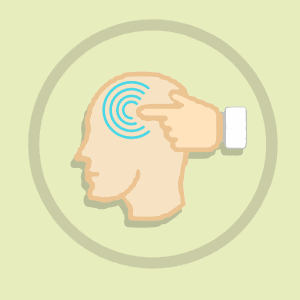
When we shift our thinking patterns and habits, that has an impact on the brain.
When we shift our thinking to be more positive, it directly impacts the brain by changing how it operates and processes information.
Our emotions are experiences that have a neurochemical basis – when we feel happy, our brain reacts differently. When we are sad, we experience a release of specific neurochemicals that also influence our bodies in various ways.
If we are stressed with negative emotion, the body releases cortisol, for example and then this reaction has specific effects – raised blood pressure or problems with digestion, etc…
Positive emotions send a powerful message that allows our bodies to feel and react differently.
So when we shift our thinking, we can make positive emotions that are more likely to enhance the effects these have on our bodies.
What does this mean?
Positive thinking, like a regular pattern of negative thinking, has the potential to alter our brain.
It can make us more prone to specific reactions; in particular, positive emotions can magnify healthier effects on our bodies.
What Happens To Your Brain When You Think Positively?
Is There Power In Positive Thinking?
Positive thinking can make our brain somewhat more creative, happier and adaptable.
Happier people tend to find it easier to come up with new ideas and solutions.

It can make us kinder and more open to new experiences and challenges.
Positive thinking skills can help us develop new habits that have protective effects against problems like depression, although this isn’t a universal solution.
A positive attitude can give a boost to our self-esteem and energy levels as well.
Overall, we can identify many benefits linked to a more positive mindset, when staying optimistic and looking for the good in every situation.
While changing a negative thinking habit is not easy, it’s an idea worth considering and it’s definitely do-able!
The modifications we make due to these habits are more likely to be permanent because they make us feel happier, and we get more satisfaction from positive results.
How Can I Practice Positive Thinking?
The first step is to identify our current habits.
This might be useful for identifying areas where we are more likely to have negative thinking patterns.
Once we’ve recognized these patterns, the next step is to consider whether they serve us or not, how are they making us feel?
Negative thinking can be a result of past experiences and a reaction to unpleasant situations.
In some people, it can be linked to specific negative belief systems and low self-worth.
The media and society, as well as the negative experiences, may strongly sway our thinking.
Positive Thinking Exercises
Here are some strategies we can employ to maintain a positive mindset to improve our daily lives significantly.
Benefits Of Journaling
Start to keep a diary because it helps us identify patterns, where they need to be changed. We get to see our own thoughts on paper, uncovering certain aspects we want to shift.
Then build a separate segment in the diary for positive emotions and thoughts, that could improve the way we feel and help steer us in the right direction.
Our diary also shows us proof that we’ve achieved something and gives us ideas for new things to try. The diary shows us scope on how much we can stretch our minds toward a better lifestyle.
Become your best self by setting and achieving goals in all important areas of your life.
Bring more healthy habits & positive daily rituals into your life
Stick to them by using the habit tracker section of this planner.
Incorporate gratitude and affirmation techniques for a more inspired and happier everyday life.
How To Focus On The Good Things In Life
Another step is to consider is, what’s good about the situation we are in right now?
There is always something right, even if there is something wrong. We can start to compile a list of things that are working well, even if everything isn’t ideal.
It’s all about stretching the mind to look at it from another perspective.
We can focus on the smallest details which might not have been noticeable before – a beautiful flower or a friendly smile.
My Perfect Day Example
Finally, we can try to imagine and visualize our perfect day.
What would it be like? Where would we be? Who would we be with?

We can work out all the specific details, including what would have happened if the bad parts of our day hadn’t happened.
We can train our brain to see the good in every scenario and focus on what we have, rather than what we don’t or what hasn’t even happened yet.
When we visualize our day first thing in the morning, we are setting the tone on how our day will feel.
Eliminate Negative Self Talk
It’s common to have thoughts about not being good enough or continually comparing ourselves with somebody else.
Negative self-talk can make us feel worse and also stop us from reaching our full potential.
There are many ways to limit this kind of habit, but first, we need to become aware of it. It can be tricky sometimes, since these thoughts tend to happen automatically and seem to pop into our minds by default, right?
Below are some books and journals that can begin the process of shifting our thoughts and inner dialogue, toward a more positive lifestyle. This way we can start to create the life we do want to live and be the best version of ourselves.
This handy book comes in
- Hardcover
- Paperback
- Kindle
- Free with your audible trial !
The first step in deconstructing a thought is to check for any evidence that your negative thinking is true or false?
If it isn’t something, you want to keep, grab it right away and start re-framing the thoughts going through your mind. Write them down, so you can re-frame them.
Here is another great book you can check out, to help reframe the mind and be conscious of our inner self talk.
This great book also comes in:
- Hardcover
- Paperback
- Spiral-bound
- Kindle
- Audiobook (Free with your audible trial.)
Begin by focusing your attention on words that you want your brain to replace. If you tell yourself nice things on a daily basis, you can definitely improve your life. After all, you can’t live the best version of yourself if you put yourself down frequently.
Talking To Yourself In The Mirror Psychology
How does this method work, and why should you talk to yourself?

To assist you in breaking down some of the barriers and patterns that you’ve unconsciously established, take a good hard look at yourself straight in the eyes while standing in front of the mirror.
What are the first things that your mind comes up with about yourself?
Start creating a daily connection and positive dialogue that makes you feel better about yourself, one which is more empowering. Write some positive affirmations you can say to yourself, you know, to the person starring right back at you.
It may feel silly at first, but it’s an intense strategy for breaking down negative self-talk.
Is Laughter The Best Medicine ?
Laughter is, in fact, the best medicine, and there has been scientific research on how we biologically affect our mood by simply smiling or laughing.
Humor is an excellent technique to lighten the burden on our minds, keep us grounded, dispel negativity and anger, and remind us not to take life too seriously.
The Power Of Positive Thinking Quotes
Here are some quotes in steering our minds toward the right garden of growth. This time we’ve included humorous ones.
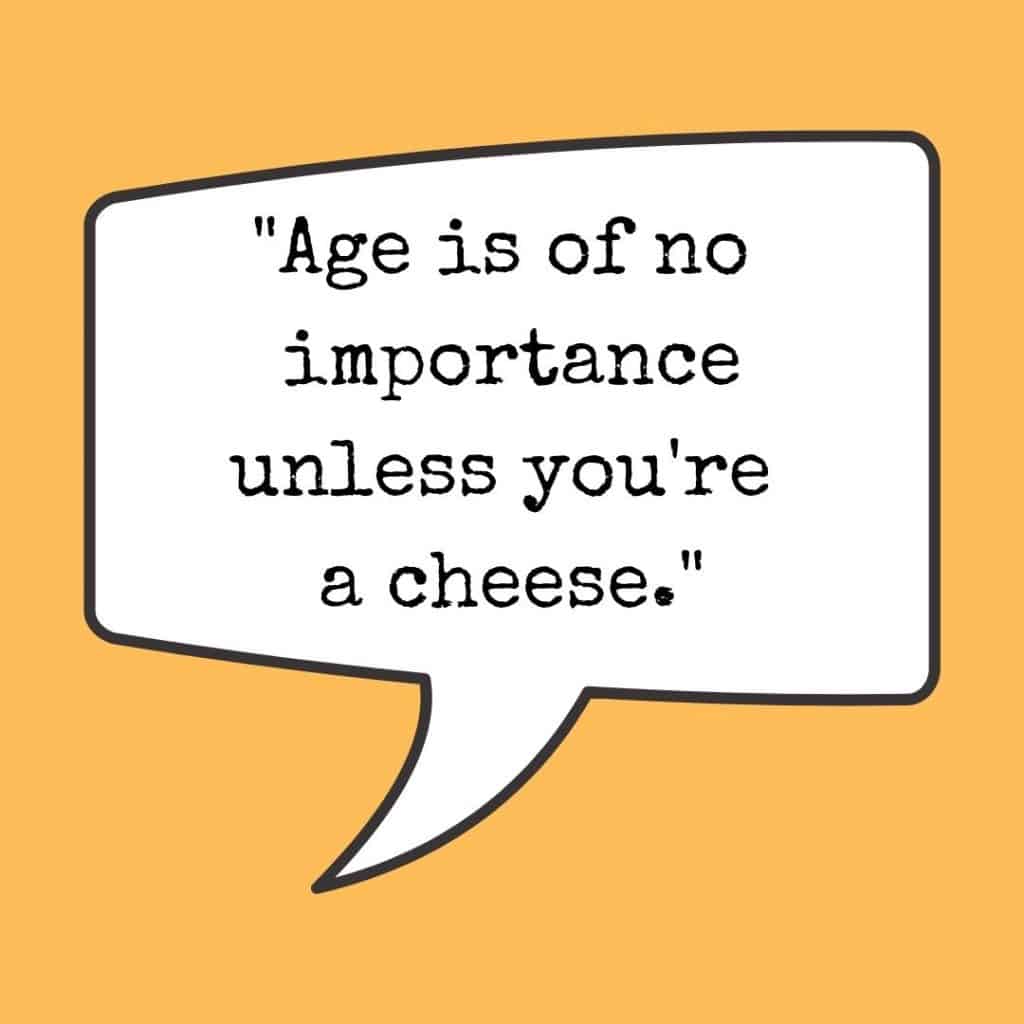
Billie Burke

Thomas Dewar

Lisa Lieberman- Wang
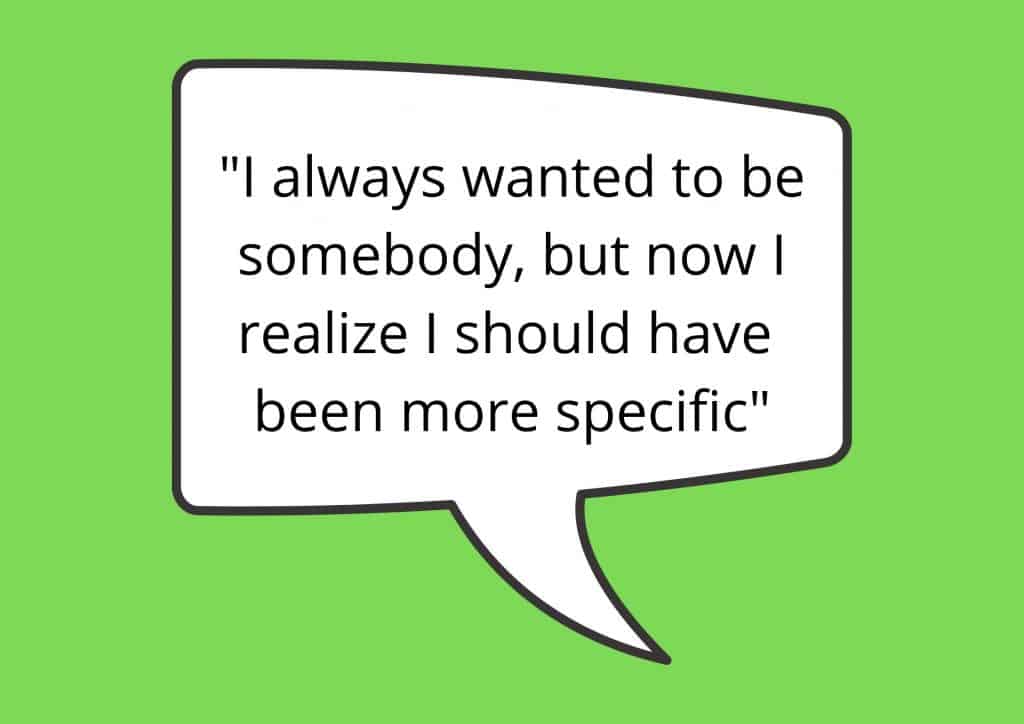
Lily Tomlin
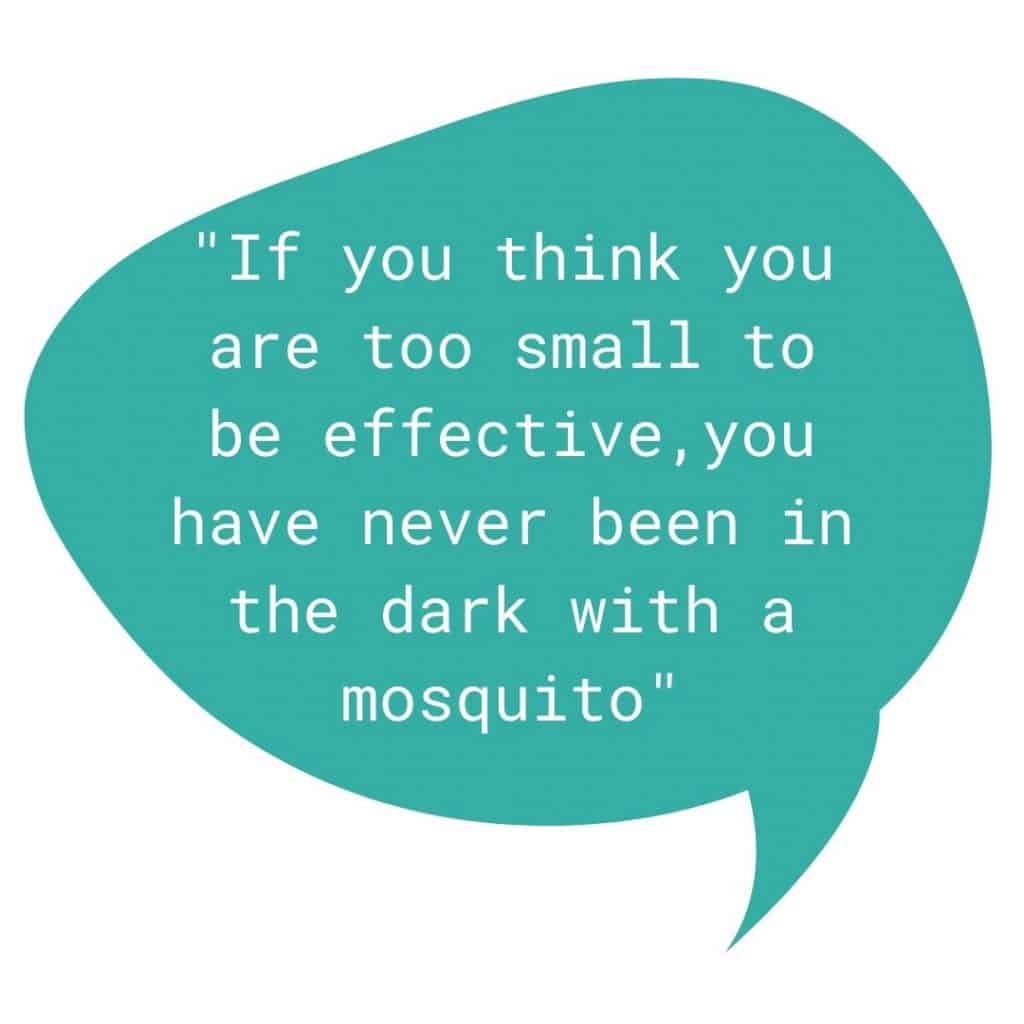
Dalai Lama

Josh Billings



A. A. Milne (Winnie The Pooh)
Final Take
Although, it can be a challenge sometimes to find positive things in every situation.
It’s for the sake of our own health and wellbeing. Let’s face it, we only have one life, so we may as well stretch ourselves a little to live the best version of our life?
Even if we might not believe in the law of attraction, we have more opportunity to attract better things into our lives, with this new mindset.
Disclaimer: Our web pages and blog posts provide general information for general purposes only and not to be used for any medical, legal or alternative health advice for any type of physical, mental health or financial concerns.Always speak to your practitioner before embarking on any new alternative treatments. If you have concerns about any medical matters, you should always consult your healthcare provider without delay.We thank you for taking full responsibility for your own health and wellbeing in life. ☺

